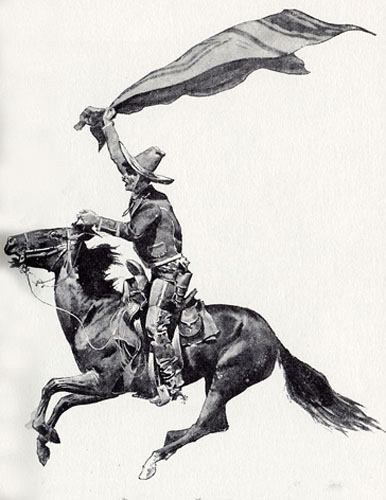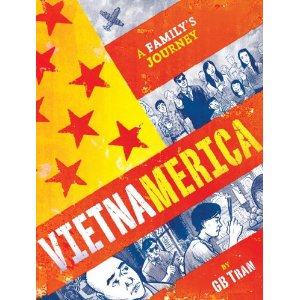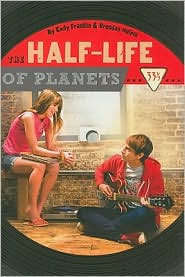 Leverage by Joshua Cohen
Leverage by Joshua Cohen
"The football field is a battlefield
There's an extraordinary price for victory at Oregrove High. It is paid on-and off-the football field. And it claims its victims without mercy-including the most innocent bystanders.
When a violent, steroid-infused, ever-escalating prank war has devastating consequences, an unlikely friendship between a talented but emotionally damaged fullback and a promising gymnast might hold the key to a school's salvation.
Told in alternating voices and with unapologetic truth, Leverage illuminates the fierce loyalty, flawed justice, and hard-won optimism of two young athletes."- summary from Amazon
This is one REALLY intense book. Like, for reals intense. I had to actually put it down several times because I just needed a breather from it all. Cohen pulls no punches in this 400+ page novel. It's realistic, raw, heartbreaking as well as uplifting (well, in the end), and insanely intense.
If you know me at all, I am not a football fan. Yeah, I have teams I root for (Redskins and Steelers) but that's only based on familial loyalty (Mom is from Pittsburgh) or geographical proximity (I grew up outside DC). So I never really understand why people get so worked up over football- the people playing it, the coaches, the parents. It's just a GAME, not a life or death situation here. What Cohen shows here is a raw look into how far people will go to win and be "strong". Strong is in quotes because what I like about this book is that the football people only view strength in one way- being bulky and huge, winning all the time, being what they deem to be manly. But Cohen shows there is strength in so many other ways, like in different sports (Danny is a gymnast, a sport football looks down on) or even having the courage to speak up when something is seriously wrong.
In the summary, steroids are mentioned. In this story, it's one of those things where people have an idea that it's going on, but don't really care as long as it works and the team wins. Some of the football players take it, but not all. The three who do take it are COMPLETELY messed up in the head and almost become like animals at times. It was interesting for Cohen to really show that in the story and just how these characters were kinda shaped. It felt like they were always kind of like that and the steroids just brought it out more. What bothered me a lot was that the Coach was actually GIVING this stuff to his players. The Coach is a whole other story though- he runs his football team like it's a war zone (he actually calls them "soldiers" several times), and he makes fun of them a lot when they're maybe slacking a tiny bit (calling them ladies and that they need to be wearing dresses). This is where all the problems start- the Coach is making them think they own the school and are gods. The parents aren't much better; one scene later in the novel sticks out to me prominently. Calm the eff down and just have some fun. Football is not THAT important, nor should it be.
I really enjoyed the dual perspective of this novel- it was utilized in such a good way and just really worked for this story. Both characters were exciting and interesting to read, and the secondary characters are mostly fleshed out well. The story was really compelling, and the ending was simply a work of art. I literally didn't put the book down for the last 100 pages. It was amazing. I do wish there had been a bit more but I can live with how it ended.
Overall, a really amazing, realistic, intense debut novel and one I think everyone should read, even if you don't like football (this may actually give you more of a reason to hate football, lol). Although let me say that there is some graphic content in the book (and lots of swears) so keep that in mind when deciding to read this book or when giving it to someone else.
 Oh American History class, how I do shake my head when I look back on you. I love American history (I ended up teaching it for five years to soldiers at one point) and yet I have never been able to shake my frustration at how one-sided our study of history is. Yes, yes, yes - the victors write the story but what has driven me nuts about history textbooks and teachers my whole life is all the stories that have nothing to do with winning or losing that get left out anyway. Case in point: cowboys. I grew up on John Wayne and Clint Eastwood, Gunsmoke and The Rifleman. And Wild Wild West, The Big Valley, Wanted: Dead or Alive (Steve McQueen!!!!)
Oh American History class, how I do shake my head when I look back on you. I love American history (I ended up teaching it for five years to soldiers at one point) and yet I have never been able to shake my frustration at how one-sided our study of history is. Yes, yes, yes - the victors write the story but what has driven me nuts about history textbooks and teachers my whole life is all the stories that have nothing to do with winning or losing that get left out anyway. Case in point: cowboys. I grew up on John Wayne and Clint Eastwood, Gunsmoke and The Rifleman. And Wild Wild West, The Big Valley, Wanted: Dead or Alive (Steve McQueen!!!!)










 Writing about the modern South is hard. Lazy authors slip into one of two extreme caricatures. Either they get caught up in the romanticism of white-columned porches and the Kentucky Derby, or they take cheap shots at the tacky poverty of trailer parks and BBQ pork rinds.
Writing about the modern South is hard. Lazy authors slip into one of two extreme caricatures. Either they get caught up in the romanticism of white-columned porches and the Kentucky Derby, or they take cheap shots at the tacky poverty of trailer parks and BBQ pork rinds.




 A book that's a version of "He Said, She Said," The Half-Life of Planets is told in chapters that alternate between the perspective of Liana, a science-minded girl who is dismayed at having been called a slut, and that of Hank, a talented guitarist who happens to have Asperger's syndrome. The characters meet in the hospital's ladies room, where Liana is licking her wounds while waiting for her father to get some test results when Hank bursts in (by mistake, obviously) because he's spilled an energy drink in his crotch. As "
A book that's a version of "He Said, She Said," The Half-Life of Planets is told in chapters that alternate between the perspective of Liana, a science-minded girl who is dismayed at having been called a slut, and that of Hank, a talented guitarist who happens to have Asperger's syndrome. The characters meet in the hospital's ladies room, where Liana is licking her wounds while waiting for her father to get some test results when Hank bursts in (by mistake, obviously) because he's spilled an energy drink in his crotch. As "


